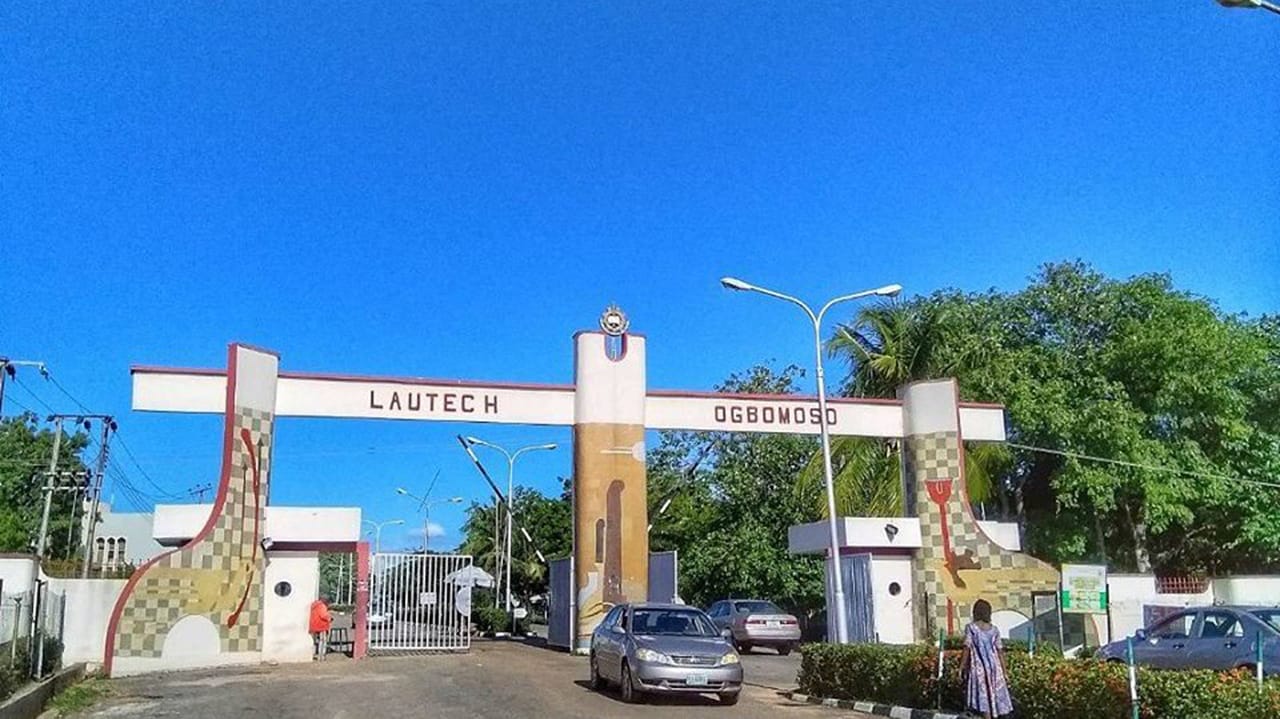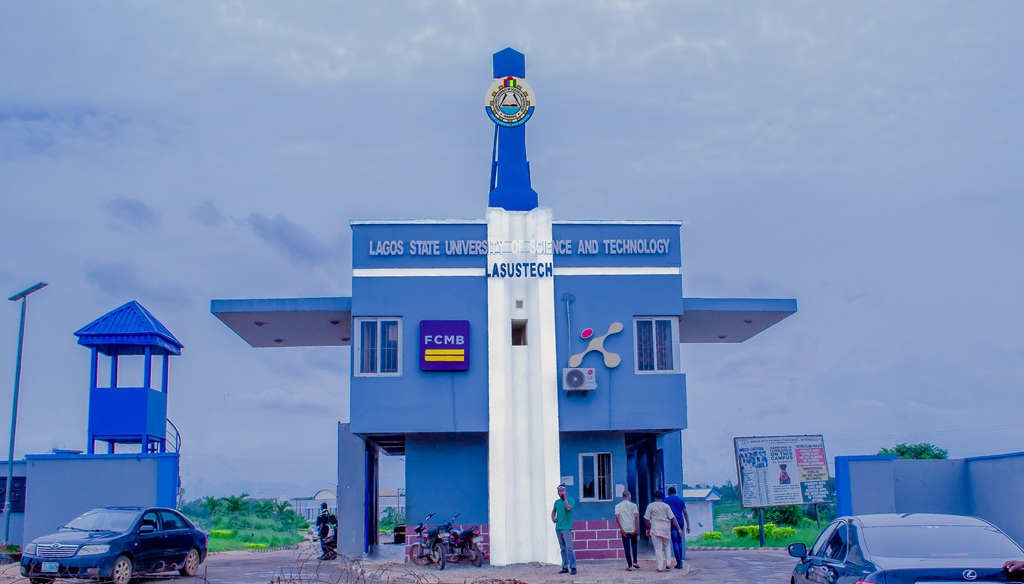The Ladoke Akintola University of Technology (LAUTECH), Ogbomoso, has ordered the temporary closure of its Iseyin campus after a tragic accident led to the death of a student and sparked violent protests across the campus and surrounding town. The university described the decision as necessary to restore calm, enhance security, and allow investigations to be conducted.
Tragic Incident
The deceased, Afolayan Oluwadarasimi Roseline, a 200‑level student in the Department of Agricultural Economics at the College of Agriculture and Renewable Natural Resources, reportedly lost her life on Thursday while heading to refill a gas cylinder. Preliminary reports indicate she was hit by a hit‑and‑run vehicle, and the driver fled the scene immediately.
The incident provoked an immediate and intense reaction from students, who reportedly took to the streets, blocking roads and setting the bus involved ablaze. Eyewitnesses said the protest caused significant disruption in Iseyin town, with shops temporarily closing and vehicular movement impeded before campus security personnel and local law enforcement intervened to restore order.
University Response
In response, LAUTECH management, through a statement signed by the Registrar, Olayinka O. Balogun, announced a two-week closure of the Iseyin campus. The statement emphasized the need for calm, internal review of safety measures, and enhanced security to protect students and staff. Classes are scheduled to resume on 24 November 2025, and students of the affected college have been instructed to observe the break.
The university expressed profound regret over the incident:
“The Management of Ladoke Akintola University of Technology (LAUTECH), Ogbomoso, deeply regrets to announce the tragic passing of a 200‑level student … who was fatally wounded by a hit‑and-run driver in Iseyin. Management calls for calm, prayers, and cooperation from all stakeholders during this difficult period.”
Students’ Perspective
Several students spoke to news sources, describing a climate of anger and fear following the tragedy. One undergraduate, who requested anonymity, said:
“We are heartbroken. Roseline was our friend. It is frustrating that a life was lost because of reckless driving, and we demand justice. We cannot feel safe on campus until proper measures are taken.”
Another student added:
“The protest was spontaneous. We were angry and grieving at the same time. Setting the bus ablaze was not planned, but it shows how unsafe we feel.”
The student body has since called for immediate security reforms, including the establishment of safer pedestrian pathways, better lighting, and stricter traffic enforcement around the campus.
Broader Institutional Context
The incident comes amid ongoing tensions within LAUTECH, particularly regarding staff welfare. The university’s branch of the Nigerian Association of Medical and Dental Academics (NAMDA) recently rejected the proposed rollout of the Consolidated Medical Salary Structure (CONMESS). NAMDA criticized management’s plan, which schedules partial implementation in November 2025 and full implementation in July 2026, calling it “a deliberate act of public deception”.
NAMDA insists the timeline is insufficient and demands immediate implementation and payment of arrears starting January 2025. The unresolved dispute has added to the stress and unrest on campus, compounding student frustrations and raising questions about the university’s administrative capacity to handle concurrent crises.
Safety Concerns and Campus Infrastructure
This tragic accident has brought attention to wider safety concerns at LAUTECH’s Iseyin campus. Sources indicate that the campus lacks proper pedestrian walkways, speed control measures, and adequate surveillance, leaving students vulnerable to traffic accidents. Safety advocates argue that this incident highlights a national issue of poorly regulated transport systems in university towns, where students are often exposed to avoidable risks.
Experts suggest immediate interventions, including:
- Installation of speed bumps and traffic calming measures around student residential areas.
- Deployment of trained campus security personnel to monitor high-risk zones.
- Collaboration with local authorities to ensure accountability for traffic-related incidents.
Implications and Moving Forward
The closure of the Iseyin campus is expected to have short-term academic and social implications. Students risk losing lecture time, potentially affecting course schedules and assessment timelines. However, management has indicated it will take steps to mitigate academic disruption, including adjustments to timetables and possible extension of examination periods if necessary.
Beyond academics, the incident underscores the urgent need for comprehensive student welfare reforms, addressing both physical safety and broader psychological support systems. Counseling services, grievance mechanisms, and student engagement forums have been recommended by stakeholders to prevent escalations in future incidents.
Conclusion
The tragic death of Afolayan Oluwadarasimi Roseline and the ensuing protests at LAUTECH Iseyin campus serve as a stark reminder of the fragility of campus safety systems and the importance of responsive management. While the university works to restore order and resume academic activities, it faces pressing responsibilities: ensuring student safety, addressing staff welfare disputes, and fostering a stable campus environment.
The events also raise critical questions for policymakers and university authorities nationwide: Are Nigerian universities doing enough to protect students from accidents? How can management ensure swift justice and accountability for incidents on campus? The eyes of the academic community, students, and parents are firmly fixed on LAUTECH as it navigates this challenging period.



